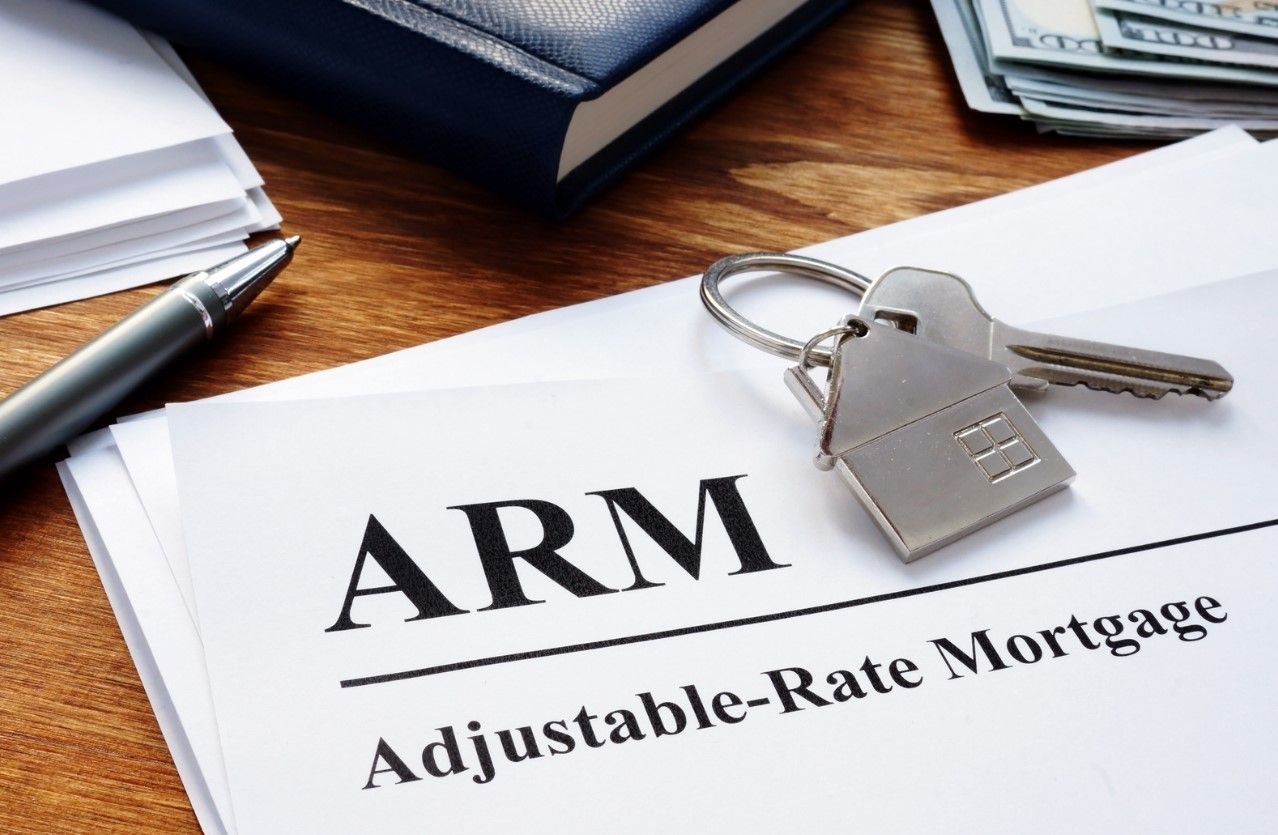Smart Strategies for Buyers in a Low Inventory, High-Interest Rate Real Estate Market
In the ever-fluctuating world of real estate, buyers often face a multitude of challenges. However, two significant hurdles that are currently prevalent are the combination of low housing inventory and high-interest rates.








